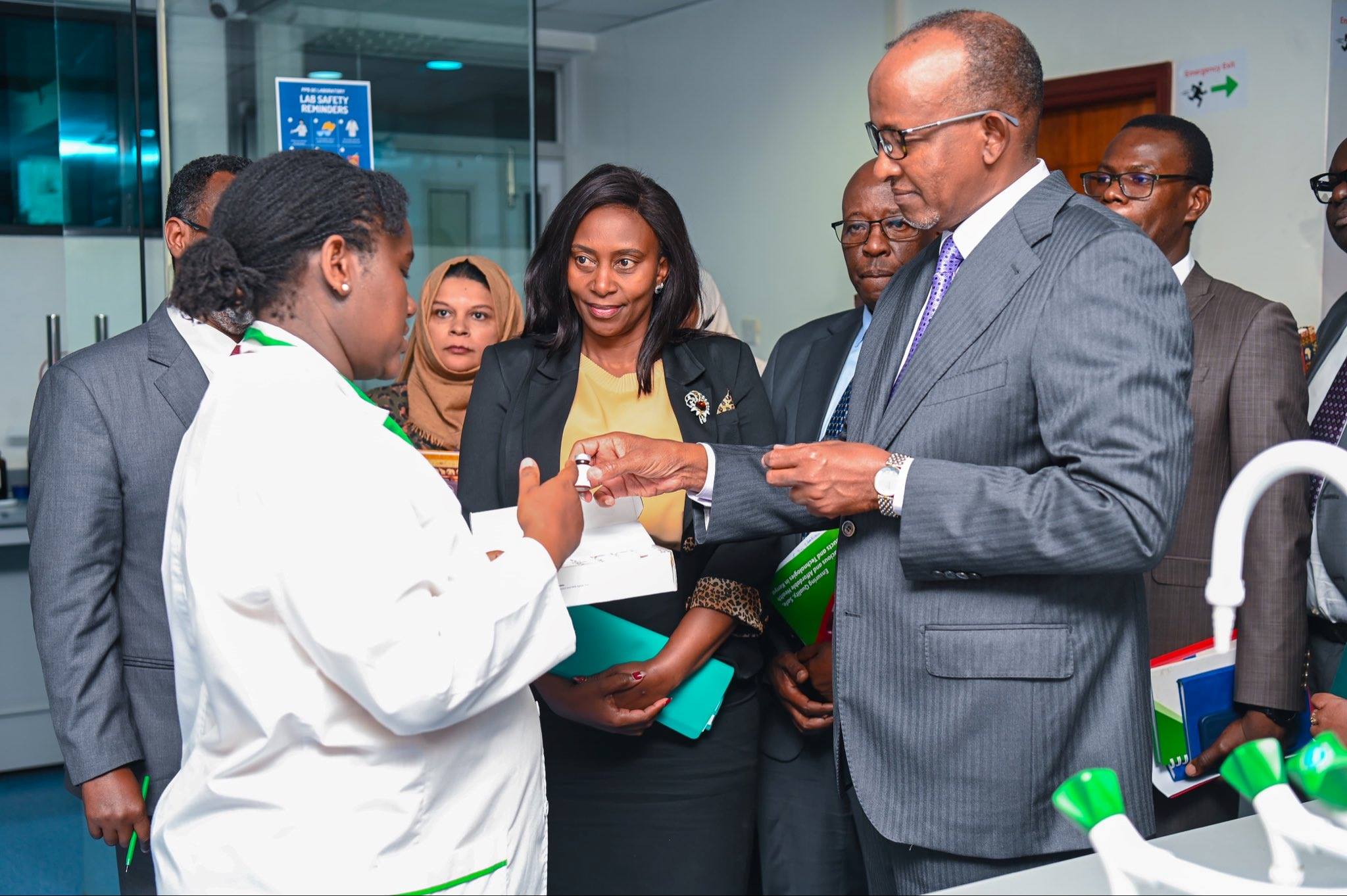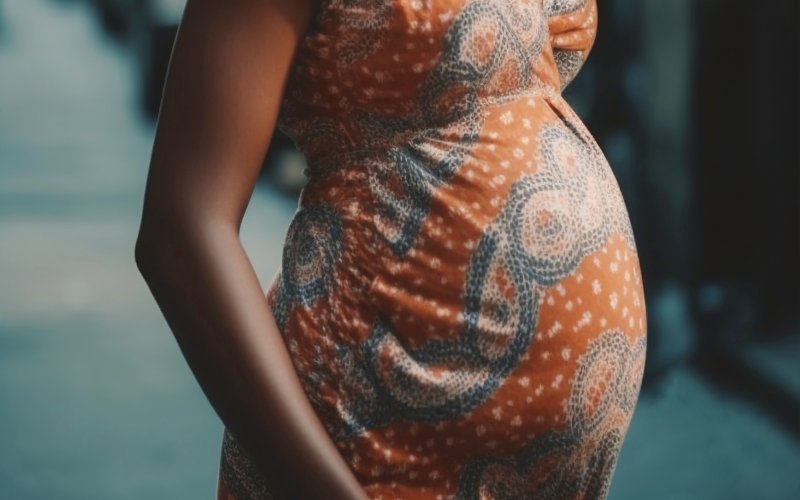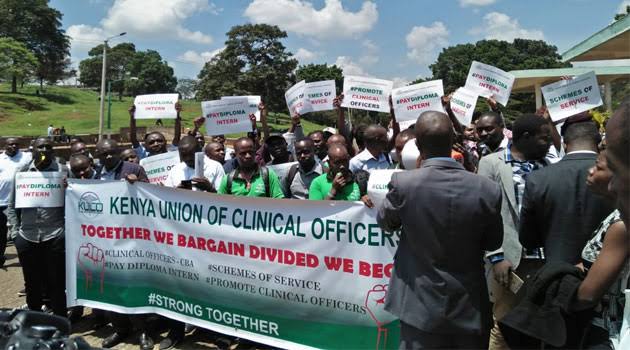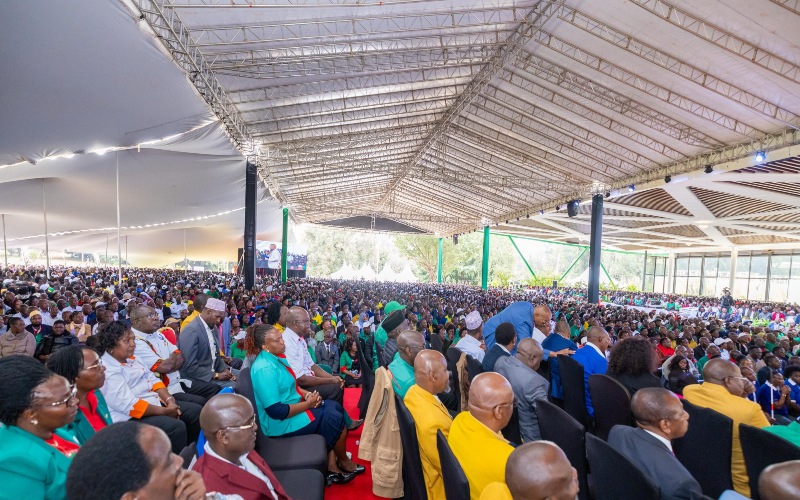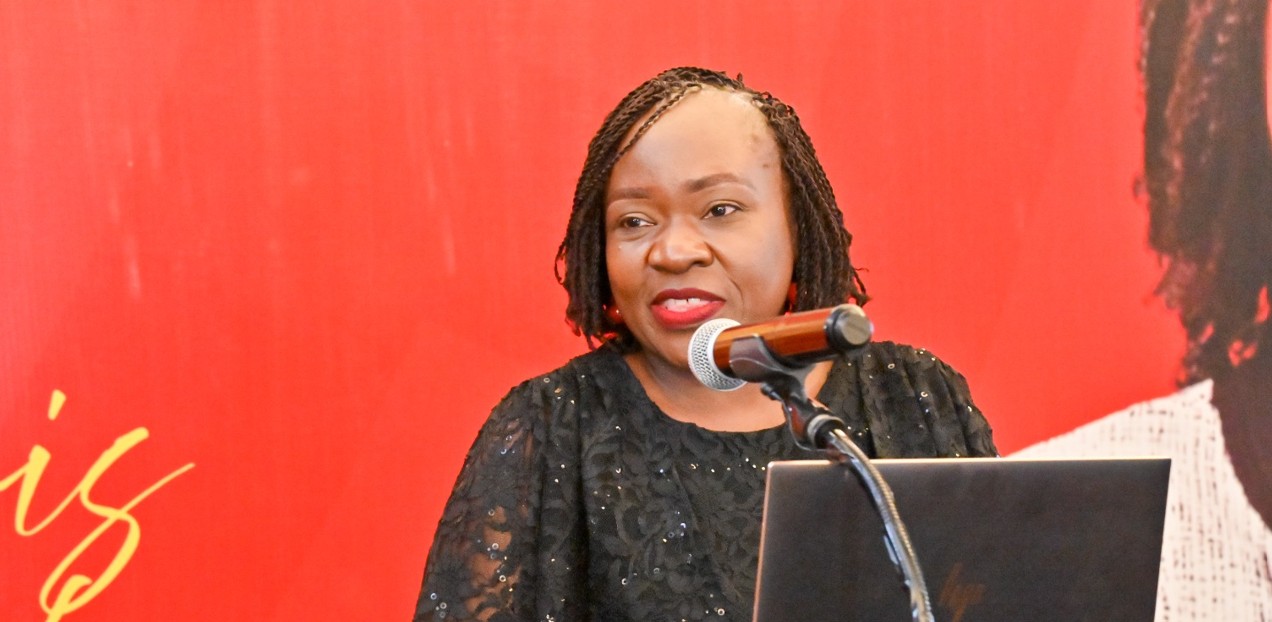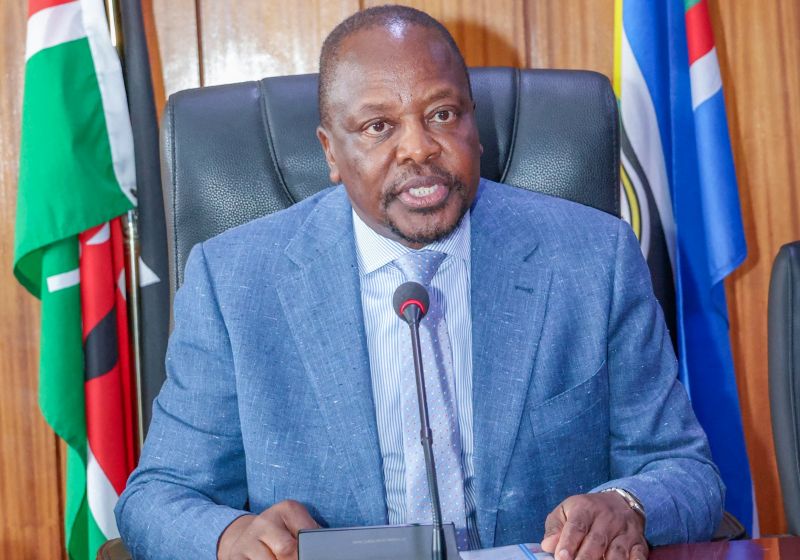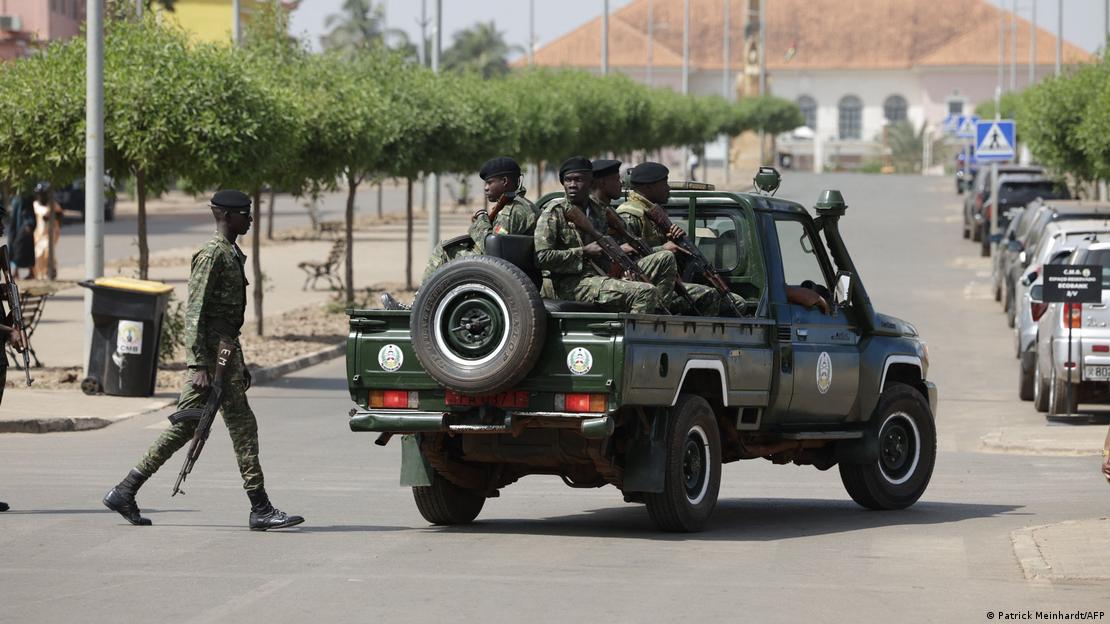Faith under fire: How social media fuels rising attacks on religions, followers in Ethiopia
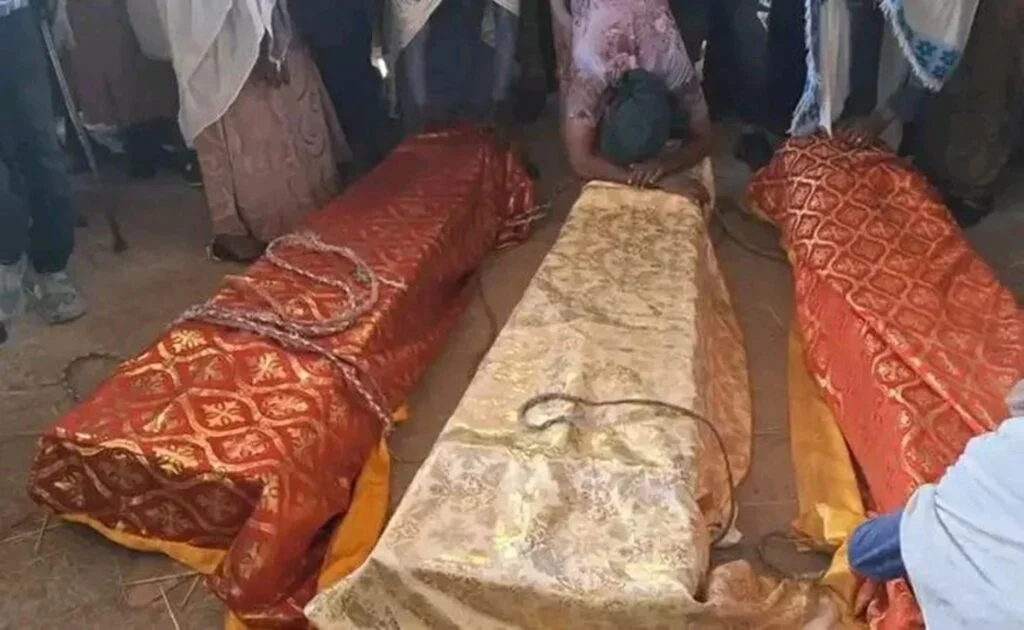
Religious leaders themselves face suspicion and challenges stemming from extremism, political interference, and attempts at manipulation. Some are accused of being influenced or used as instruments by political actors, which undermines their credibility.
Ethiopia has a long tradition of religious diversity and enduring social values championed by religious institutions, communities, and their adherents. In recent years, however, the country has increasingly grappled with the rise of ethnic politics and extremist attitudes, which have undermined social cohesion and intensified tensions across multiple regions.
Although Ethiopia continues to confront many challenges, a new and deeply concerning pattern is taking shape: the infiltration of extremist sentiments into religious institutions and among their followers.
More To Read
- Daua Dam, irrigation masterplan gain momentum after high-level talks in Nairobi
- Kenya steps up border checks as Ethiopia confirms outbreak of Marburg Virus Disease
- Technology of freedom, risk of violence: Digital divide facing women in post-war Tigray
- Cultural victory as Ethiopia recovers 12 artefacts taken to Germany in the 1920s
- TikTok’s new controls let users decide how much AI content appears on their feed
- ONLF accuses Ethiopia of breaching 2018 peace deal as Somali Region tensions rise
Incidents targeting religious groups, their leaders, and their followers have become increasingly frequent. A recent example is the killing of more than 25 civilians in the East Arsi Zone of the Oromia region, an incident described by eyewitnesses as a “religion-based attack” carried out by “unidentified gunmen.”
According to the Ethiopian Orthodox Tewahedo Church’s Department of Public Relations, the victims were “church followers.”
Although religious institutions at the organisational level continue to advocate for peace, reconciliation, and strong social values, some influential individuals with millions of followers are undermining these efforts by spreading narratives that damage mutual respect and peaceful cooperation among various religious communities.
Social media, especially TikTok, has become a major platform for hate speech and hostile exchanges. Name-calling, insults directed at religious leaders, and inflammatory content are widely shared and promoted by millions of users, posing a serious threat to the country’s social fabric.
In some cases, individuals who have been officially authorised or affiliated with the government openly promote violence and reject guidance from responsible religious authorities who advocate peaceful coexistence.
Religious institutions, once seen as key actors in promoting national unity, peaceful coexistence, and social harmony, are now affected by growing extremism that threatens longstanding values.
This is especially dangerous in a country already strained by ethnic-based politics and unresolved social tensions. Despite the rising hostility, no meaningful legal action appears to be taken against those who openly attack religions, doctrines, leaders, and followers. If left unaddressed, this trend could have catastrophic consequences for Ethiopia.
Rise of mob justice, weakening of religious institutions
The government’s silence and its failure to respond adequately to acts of religious hostility risk emboldening mob justice. A recent incident illustrates this concern. A group of young people went to a girl’s house after accusing her of insulting their religion.
The girl was not at home, but her mother responded calmly and managed the situation peacefully, preventing the confrontation from escalating. Had the mother failed to de-escalate the tension, the incident could have led to serious violence or even broader communal conflict.
This shows how easily such situations can ignite mob justice when emotions tied to religious identity are inflamed.
At a time when religions and their leaders are widely criticised for failing to fulfil their missions of peacebuilding, reconciliation, and coexistence, the irreplaceable role of religion in nation-building and social solidarity is rapidly eroding.
Social media platforms are filled with religious tension, insults, and political manipulation—problems that major religious institutions, including the Inter-Religious Council, have struggled to manage.
Religious leaders themselves face suspicion and challenges stemming from extremism, political interference, and attempts at manipulation. Some are accused of being influenced or used as instruments by political actors, which undermines their credibility.
Taye Dendea, former State Minister at the Ministry of Peace, echoed this concern by stating that “religious values have already washed away at present, and the influence of religious leaders upon their followers is not at its normal level.”
Ethiopia’s recent years of communal violence may have been instigated—or at least intensified—by online rhetoric …”
On January 21, 2023, religious leaders and scholars gathered at the Sheraton Addis for a panel discussion on the role of religion in Ethiopia’s peacemaking process.
Organised by the Foundation of Christian Servanthood (FCS), the event raised numerous concerns regarding the weaknesses within religious institutions and their leadership. Many of these issues have persisted without proper management, allowing them to intensify over time.
Following the Ethiopian Orthodox Church’s announcement regarding the killing of its followers in the East Arsi Zone of the Oromia Regional State, many religious institutions expressed condolences and solidarity. However, some influential individuals and social media users reacted negatively, further deepening polarisation and causing severe damage to the nation’s social cohesion.
Dangerous Social Media trends, public anxiety
Recent content analysis has shown that much of the material circulating on social media—including text, images, and video—has become increasingly “divisive, dehumanising, cruel, extreme, and misrepresented.”
Hate-filled content frequently targets political opinions, ethnic identities, religious beliefs, and gender groups. Graphic images of violence and killings have been shared widely, provoking fear, anxiety, and heightened tensions among communities.
Ethiopia’s recent years of communal violence may have been instigated—or at least intensified—by online rhetoric that fuels ethnic and religious hostility. In July 2025, the Addis Ababa City Police warned that it “will not tolerate acts that jeopardise the safety of the city’s residents” and stated it would take legal action against social media activists. However, these actions have not been applied to influential social media figures who actively promote religious tension and inflammatory narratives.
Likewise, in September 2025, Prime Minister Abiy Ahmed addressed the misuse of social media for “acts of terror” and efforts to undermine Ethiopia’s development.
He called for stronger cyber-monitoring systems to bring offenders to justice. Despite this, hate speech, insults, and extremist content targeting religions remain widespread. While such actions might be considered terrorism from a security perspective, they also constitute a form of social terrorism—undermining social cohesion and peaceful coexistence essential for national integration.
Influential journalists and public figures have recently expressed deep concern about the unregulated spread of religious extremism on social media and have urged immediate intervention.
Call for urgent intervention
The government must urgently address these emerging threats, as they have the potential to trigger serious religious, political, and social crises. Religious institutions, for their part, must closely monitor their followers and work collaboratively with the government to prevent the escalation of extremism.
Failing to act now may allow these tensions to grow into widespread conflict, threatening the stability and unity of the country.
Top Stories Today
